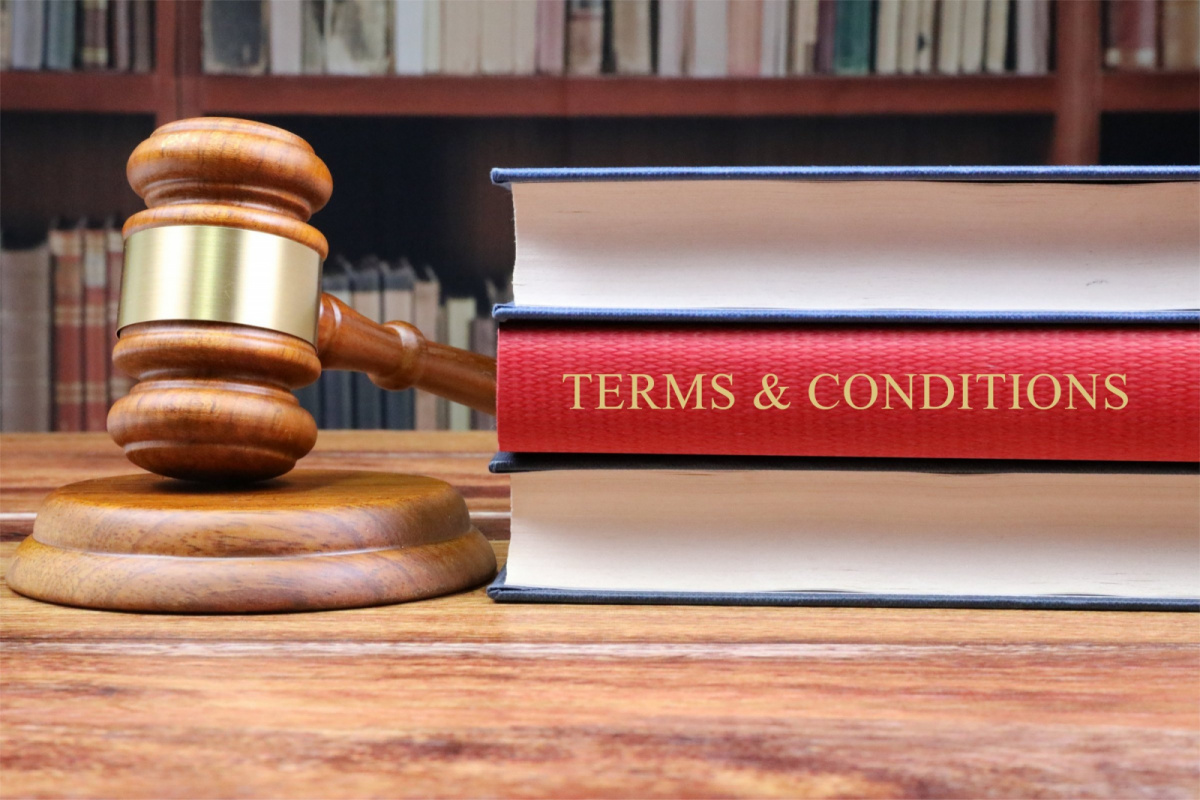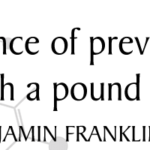Buyers of businesses prefer asset sale transactions to avoid inheriting some or all of the liabilities of the seller. It is commonly known buyers are not responsible for sellers’ liabilities that are not assumed by the buyer in the asset purchase agreement.
Sloppy drafting and inexperience are the main reasons exceptions to this rule are overlooked or not discussed with clients. This blog post is intended to help both business owners and their legal counsel protect against avoidable successor liability:
1. The buyer expressly or impliedly assumes the liabilities. Well-crafted asset purchase agreements that clearly and expressly disclaim certain or all liabilities are typically effective against the other party and third parties seeking payment. The contrapositive is also true. Poorly crafted and analyzed asset purchase agreements often create openings for successor liability. Two simple examples explain this elemental concern. First, use of ambiguous terms often cause problems. For example, sloppy drafting may result in buyers assuming responsibility for future liabilities that were not contemplated when the transaction closed. Second, failure to scrutinize the schedules attached to asset purchase agreements means certain liabilities may slip through the cracks. Buyers must ensure the asset purchase agreement speaks specifically to key liabilities that will not be transferred.
Certainly, buyers commonly agree to assume certain liabilities (trade debt, liabilities related a working capital adjustment, etc.) or require sellers procure insurance for certain potential liabilities.
2. The transaction was a de facto merger. Courts have ruled that the essence of certain asset sales were actually mergers, which means all of the seller’s liabilities became the buyer’s liabilities upon closing of the transaction. The most common fact pattern creating successor liability is when there is near or total continuity of the business, directors, officers, personnel, and ownership. Moreover, even if there was not a de facto merger, Courts have ruled high levels of continuity of business operations, ownership, and management make it more equitable to place liability upon the buyer, which is “merely a ‘new hat’” for the seller.
The key difference between the de facto merger and continuity of enterprise exceptions is that the latter exception does not require continuity of ownership.
3. The transfer was fraudulent. Selling businesses or transferring assets for the sole purpose of evading creditors will strip buyers of any protection from liabilities not being transferred as part of an asset sale. The primary evidence used to determine whether a transfer was fraudulent are (a) the buyer obtained the business or assets at an extreme discount or no money whatsoever; and (b) the buyer and seller intended to defraud its creditors. I think the evidence in subsection (b) is increasingly found in text messages which are informal, immediately forgotten, and often not deleted because the parties to fraudulent transactions are usually related parties.
The importance of meaningful due diligence cannot be overstated in this context. Because buyers know the deal terms and the seller’s post-transaction financial condition, they effectively know whether the seller will be avoiding substantial liabilities that can and will never be paid. Buyers can mitigate the inevitably negative effect resulting from this knowledge by (a) acquiring the seller’s assets through a subsidiary; (b) seeking advice from their insurance brokers to review claims histories and potentially obtain “tail coverage”; and (c) being prepared to defend the price paid for the assets to defend against claims the buyer paid the seller “inadequate consideration”, which may include obtaining a fairness opinion or other valuation.
4. Other exceptions are applicable. Certain liabilities cannot be waived under statutes and regulations: unpaid taxes, labor violations, environmental clean-up, and failure to adequately fund pensions. Another exception is a judicially created exception: products liability. Courts in different states have different tests to determine when it is fair to hold a seller liable that manufactured or sold the defective products. Certain businesses unsurprisingly face several of these issues whereas many businesses do not run the risk of violating any of these exceptions.
Buyers should be comfortable asking their advisors—accountants, insurance brokers, and attorneys— a variety of questions to feel comfortable that potential successor liability is minimized.
David Seidman is the principal and founder of Seidman Law Group, LLC. He serves as outside general counsel for companies, which requires him to consider a diverse range of corporate, dispute resolution and avoidance, contract drafting and negotiation, and other issues. He can be reached at david@seidmanlawgroup.com or 312-399-7390.
This blog post is not legal advice. Please consult an experienced attorney to assist with your legal issues.













